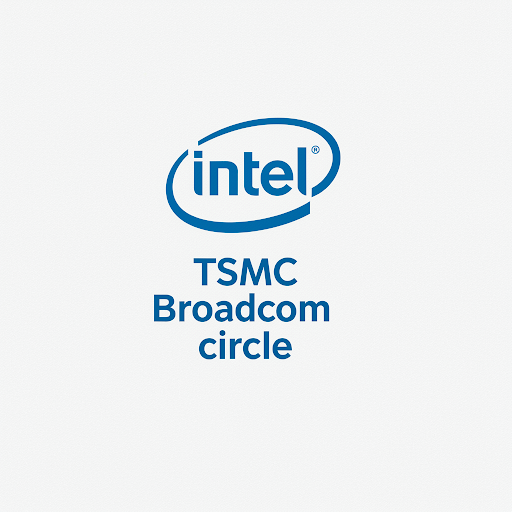Giant Chipmaker TSMC to Spend $100B to Expand Chip Manufacturing in US, Trump Announces

Taiwan Semiconductor Manufacturing Company (TSMC) will invest $100 billion to expand chip manufacturing in the US, as announced by Donald Trump. Learn how this impacts the semiconductor industry and US economy.

Giant Chipmaker TSMC to Spend $100B to Expand Chip Manufacturing in US, Trump Announces
Taiwan Semiconductor Manufacturing Company (TSMC), the world’s leading semiconductor manufacturer, has announced a massive $100 billion investment to expand its chip manufacturing operations in the United States. This move, revealed by former US President Donald Trump, is seen as a major step toward strengthening America’s semiconductor industry and reducing reliance on Asian markets for advanced chips.
Why Is TSMC Investing in the US?
TSMC’s decision comes amid growing geopolitical tensions and supply chain disruptions that have highlighted the need for the US to bolster its domestic chip production. With AI, 5G, and high-performance computing driving unprecedented demand for semiconductors, ensuring a stable supply has become a top priority for global economies.
This investment aligns with US efforts to encourage semiconductor manufacturers to establish or expand production facilities domestically. The CHIPS and Science Act, signed into law to support US-based semiconductor development, has played a crucial role in attracting such large-scale investments.
Trump’s Role in the Announcement
Donald Trump, who has long advocated for reshoring manufacturing and reducing dependence on China and Taiwan for critical technology, announced the investment. He emphasized that bringing semiconductor production to the US would enhance national security, create jobs, and support innovation in artificial intelligence and advanced computing.
Where Will the Investment Go?
While TSMC has not yet disclosed the exact locations of all its planned expansions, the company already has a major facility under construction in Phoenix, Arizona. This new investment could mean additional plants in key semiconductor hubs such as Texas or expansion of existing facilities in Arizona.
Impact on the Semiconductor Industry
TSMC’s expansion is expected to:
Boost domestic chip production: Strengthening America’s semiconductor industry and reducing dependence on foreign manufacturing.
Create thousands of jobs: The expansion will generate new job opportunities in manufacturing, engineering, and R&D.
Enhance global supply chain resilience: By diversifying production locations, TSMC aims to mitigate risks associated with supply chain disruptions.
Advance AI and high-performance computing: More domestic chip production means greater availability of cutting-edge technology for AI, 5G, and beyond.
Challenges and Considerations
Despite the positives, TSMC will face several challenges, including high operational costs in the US, workforce shortages in the semiconductor field, and geopolitical uncertainties. Additionally, competition from other semiconductor giants like Intel and Samsung will play a role in shaping the industry’s future.
Conclusion
TSMC’s $100 billion investment marks a significant milestone in the global semiconductor landscape. As the US strives for semiconductor self-sufficiency, this move will accelerate innovation, job creation, and technological advancements. Whether it reshapes global chip supply chains remains to be seen, but it certainly signals a shift toward strengthening domestic production.
Stay tuned for more updates on how this investment unfolds and impacts the industry!









